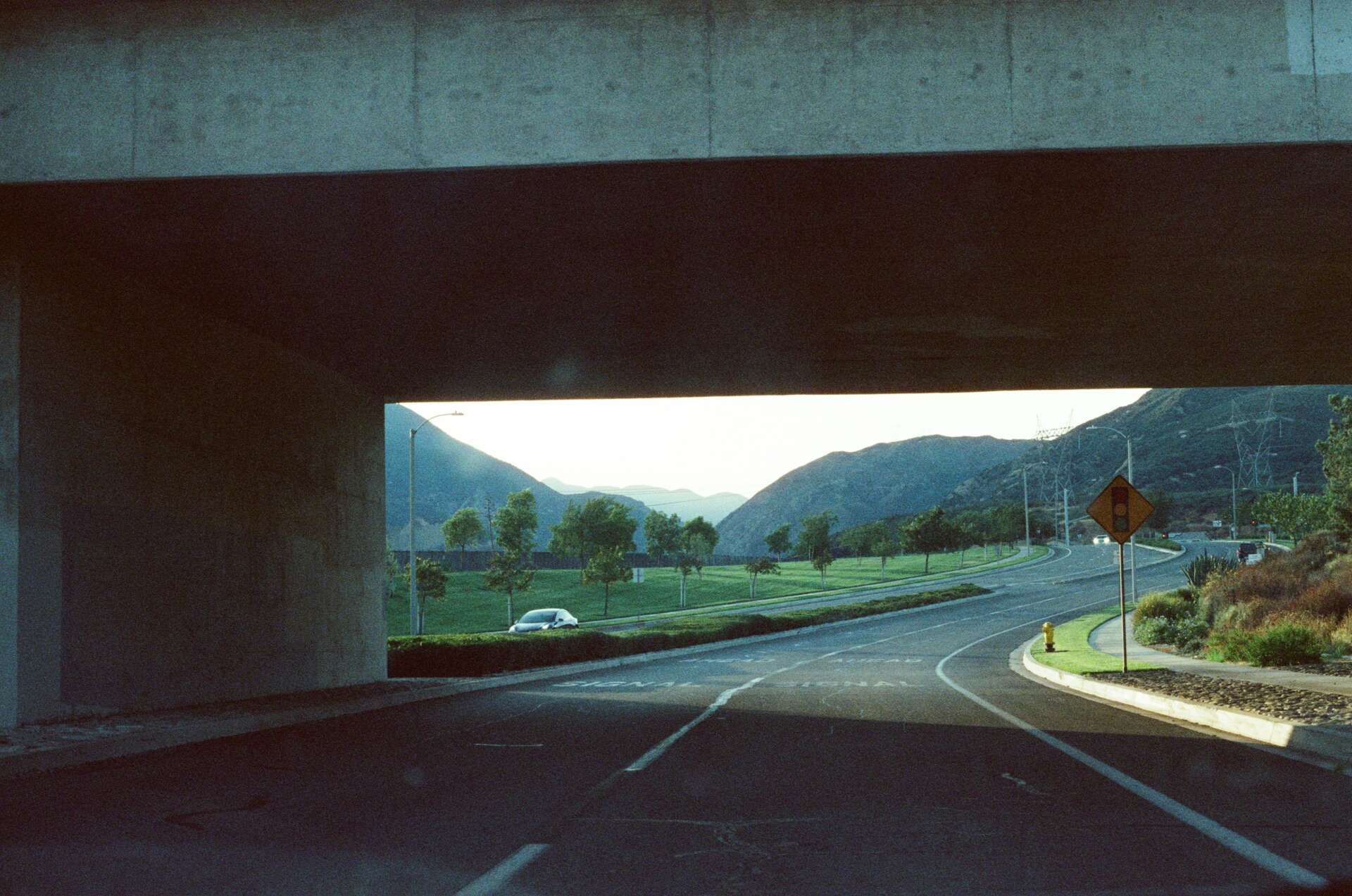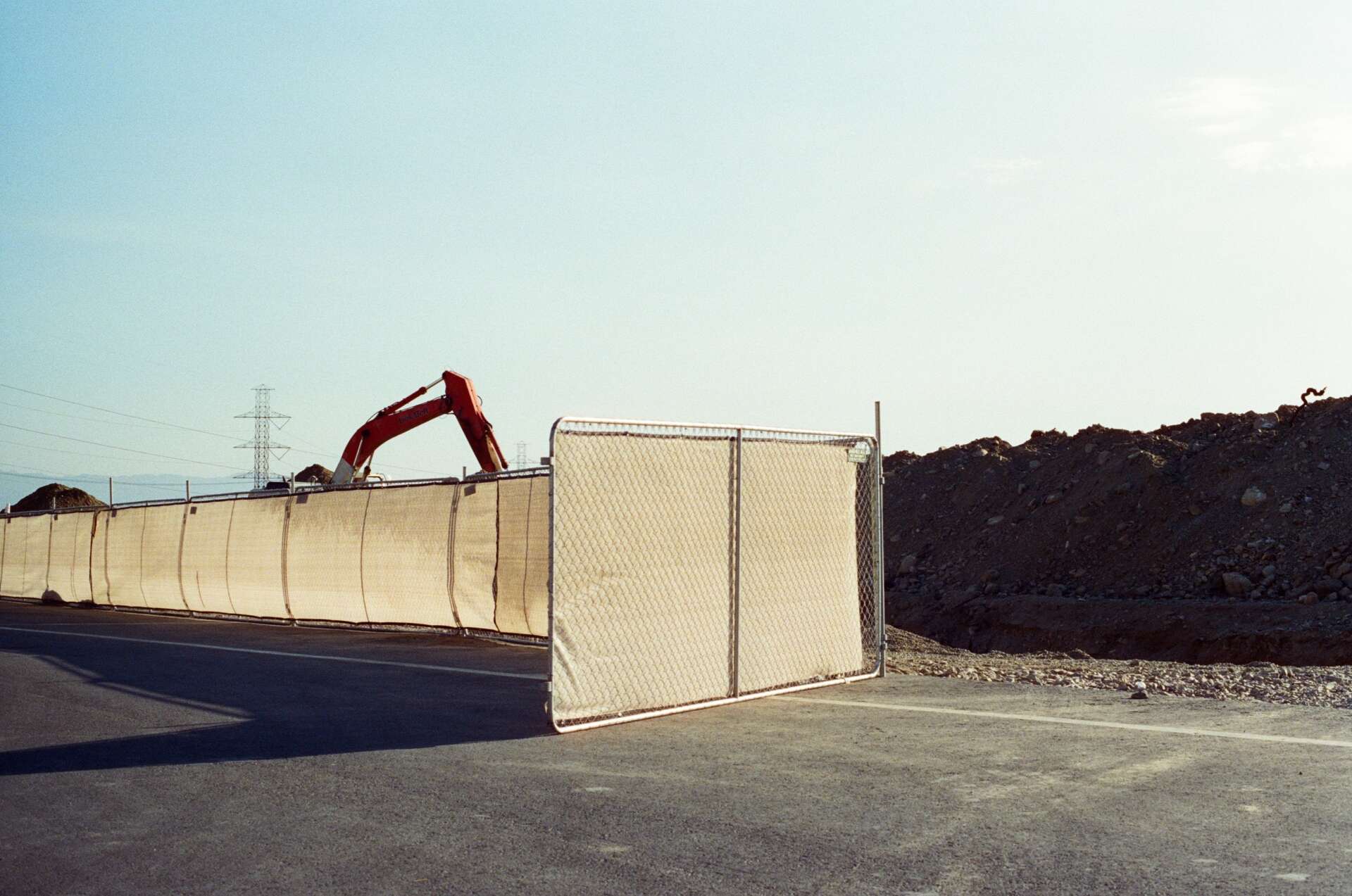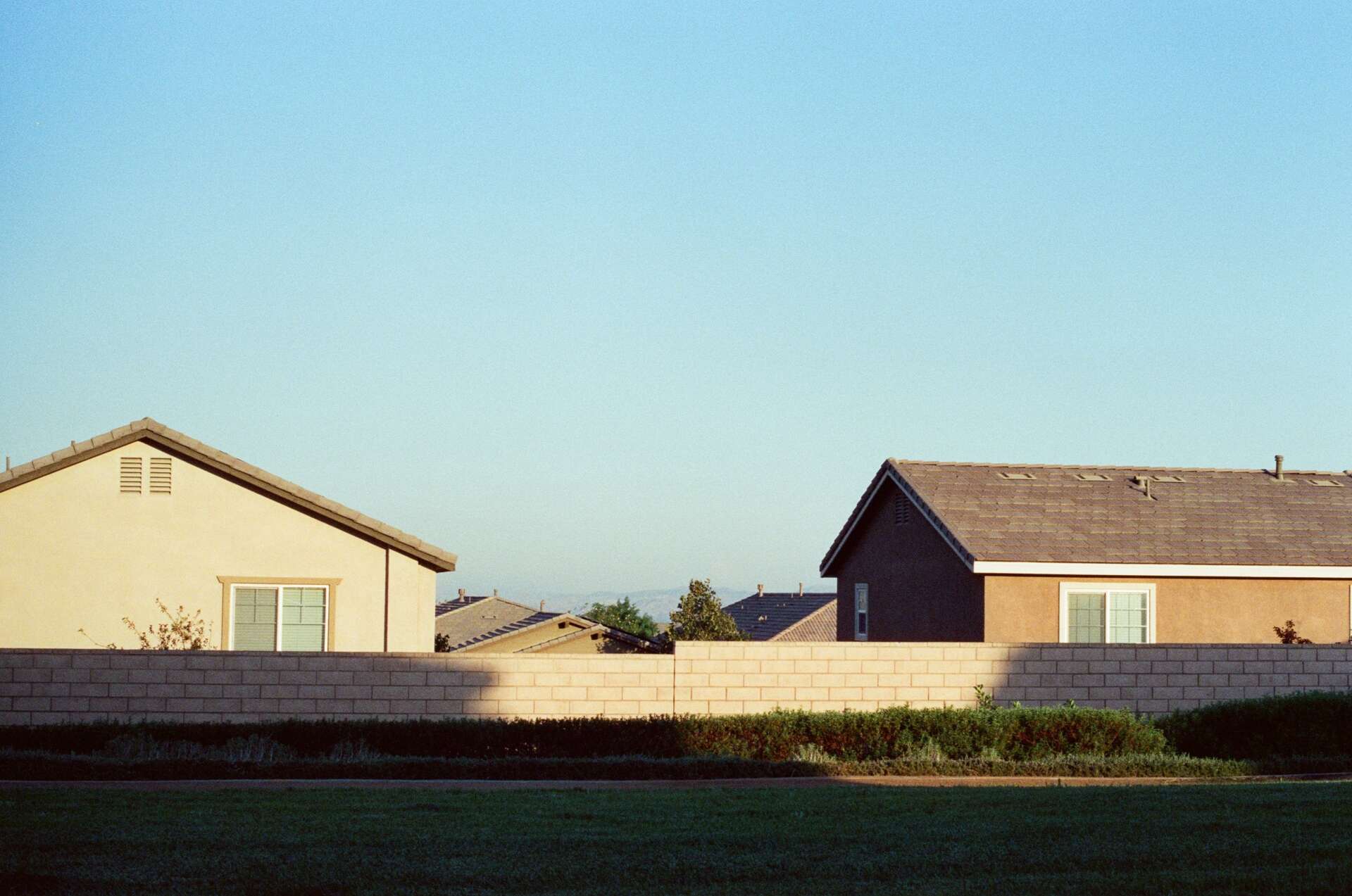We were lucky to catch up with Rob Rice recently and have shared our conversation below.
Alright, Rob thanks for taking the time to share your stories and insights with us today. We’d love to hear about a project that you’ve worked on that’s meant a lot to you.
I saw Fred Moten and Lonnie Holley speak a few months ago and together they arrived at something like “if there’s something that can be called an artist – something that isn’t just another clown suit – it’s that which indicates a resonance with the immense mystery of things.”
They likened it to walking down the street and intuitively knowing who to raise your head and greet – an ineffable sense of who gets it, who is tapped into the ether, who is searching too.
Love this kind of thing, love feeling it, love getting a nod back and feeling right about the other person, such a bouy-ing experience amongst all the darkness to encounter another soldier of the bright mystery.
I really felt organized by his sentence, such a hard thing to put your finger on, what exactly is the aim, what you are selecting for when you are selecting between all the projects pulling you in different directions – especially as your peers and artists you’re looking at and your own knowledge and the ambient sense of how it works gets more and more professionalized – trying to cull that rotten influence out of your criteria – scanning for the one that best indicates a resonance, that’s the ultimate thing.
I think importantly, and he may have even said this, it’s not that it even resonates, or that the artist is a resonator, just that it indicates, it calls out, points to, brings up the feeling of that frequency and says, that’s real, right?

Great, appreciate you sharing that with us. Before we ask you to share more of your insights, can you take a moment to introduce yourself and how you got to where you are today to our readers.
I am a filmmaker and writer – for some time I was self-medicating, papering over my longing to become these things by working as a scientist, but I got over that. I do retain some important questions and lessons from that world and I am thankful for passing through it – like that one cannot be and expect to produce knowledge but that the only way to get to know a system is by perturbing it. To record the change your presence makes in the fabric of a place – this is the only honest way, especially as a filmmaker, who posses so many aesthetic tools to obfuscate the fact of the artifice.
I make films – my first feature called Way Out Ahead of Us has been around in the festival world this past year and will soon become available to see, stay tuned, and there are many upcoming projects I’ll look for a place to plug later in this interview. As well, as you might imagine, I have to support myself – I work on set as a producer and AD, I work as a writer, for films and otherwise, and as a feedback consultant on scripts, grants, decks and edits.
At the core of my work lies my belief that this is a sorry state of things, that the world and human organization within it can be unimaginably better, that we are seriously blowing it but ought to remember that people made the world and could just as easily remake it. I want to reframe despair, and celebrate that people are finally at their bottom, that American capitalism has collapsed and is starting to absorb everyone into its immiserating – that this at least is an opportunity for togetherness and for remaking the world. However, only through an active campaign of framing it that way – because it’s easily also cast as a time to clash, to fight for scraps, to double down, to get sicker. We need another way, we need to stop reproducing whiteness, violence, commerce – all of it – and start reaping the rewards of a world without those things, which would accrue to everyone.

What can society do to ensure an environment that’s helpful to artists and creatives?
The US needs public arts funding. Trying to align the interests of art – to indicate a resonance with the immense mystery of things – with the interests of profit – is a losing battle, is an oxymoron. All profit made comes as cost to the work. We just cannot have this. If we want to heal as a world, we need to get out of this trap. Art making is a human right, just like eating and living inside and going to school for free, and we need to fight for all of these level one things to be guaranteed by public money.
Within our selves and our communities, we need to de-boardroom-

Are there any books, videos, essays or other resources that have significantly impacted your management and entrepreneurial thinking and philosophy?
I am Jewish. I am interested in guilt. Recently it has been very clarifying to discover, through Nadia Abu El-Haj’s interview on The Dig and then further investigation into that part of Martin Buber’s work, the distinction between Ontic and Neurotic guilt. I think it has massive implications, and that having this language is very helpful.
Basically you can think of ontic guilt as real guilt, a perpetrator’s guilt, a guilt that comes from “violating the natural order of things,” and neurotic guilt as a survivor’s guilt, a victim’s guilt. The language of the latter is trauma, and its advanced development has a dangerous potential – that perpetrators can borrow this language and thusly make their crimes unimpeachable. El-Haj’s point in the episode really well illustrates this – think about soldiers returning from Vietnam, they said hey you made us do massacres, Mai Lai and whatever million of other atrocities, we have Ontic guilt about this, and on the back of that there was a massive anti-war movement that brought the psychosis to an end. This kind of real guilt feels bad to admit, sure, but it has a real solution – stop the massacres, end the war, return some sanity to the order of things that you have violated. However, on the flip side, fast forward to America’s more contemporary wars, soldiers return speaking of combat traumas, of neurotic guilts inflicted upon them by having to do moral violence, the guilt in a way becomes what supposedly separates them from the people they are killing, as justifications for these wars becomes so far fetched this ethical-emotional barrier becomes an essential selling point – these types of guilt make the system that insisted these crimes go down unimpeachable, because we are intercepted by our forced sympathy for what these people experienced. However, though they are the victims of what the system made them do and many of them entered the so called all volunteer army under financial duress, we are talking here about an Ontic guilt, and the transposition of the one for the other is a profoundly effective, intentional rhetorical tactic on behalf of power, as it locates the solution then not in ending the war but in isolating and digging into the psyche of the individual soldier.
OK so why does this matter. Well, so much of our country’s politics are animated by guilt, especially reactionary white politics. White guilt is one of the great slights of hand, one of the great neurotic for ontic inversions it replaces material accountability with defensiveness and reaction and implies we just need ever more psychological white self-centering. We need to free our politics from this prison of defensive white power, through a million forms of material repair, and, as we said before, everyone will benefit.
As promised, I want to plug my new film, Ponderosa, which I can say deals with these ideas, and the idea that whiteness, maleness, western capitalism, does not reproduce by default, and in fact is possible to put away. I need 600k dollars to make this movie, please let me know if you have any leads.

Contact Info:
- Website: redmilkroe.com
- Instagram: @public.monies
Image Credits
Rob Rice


